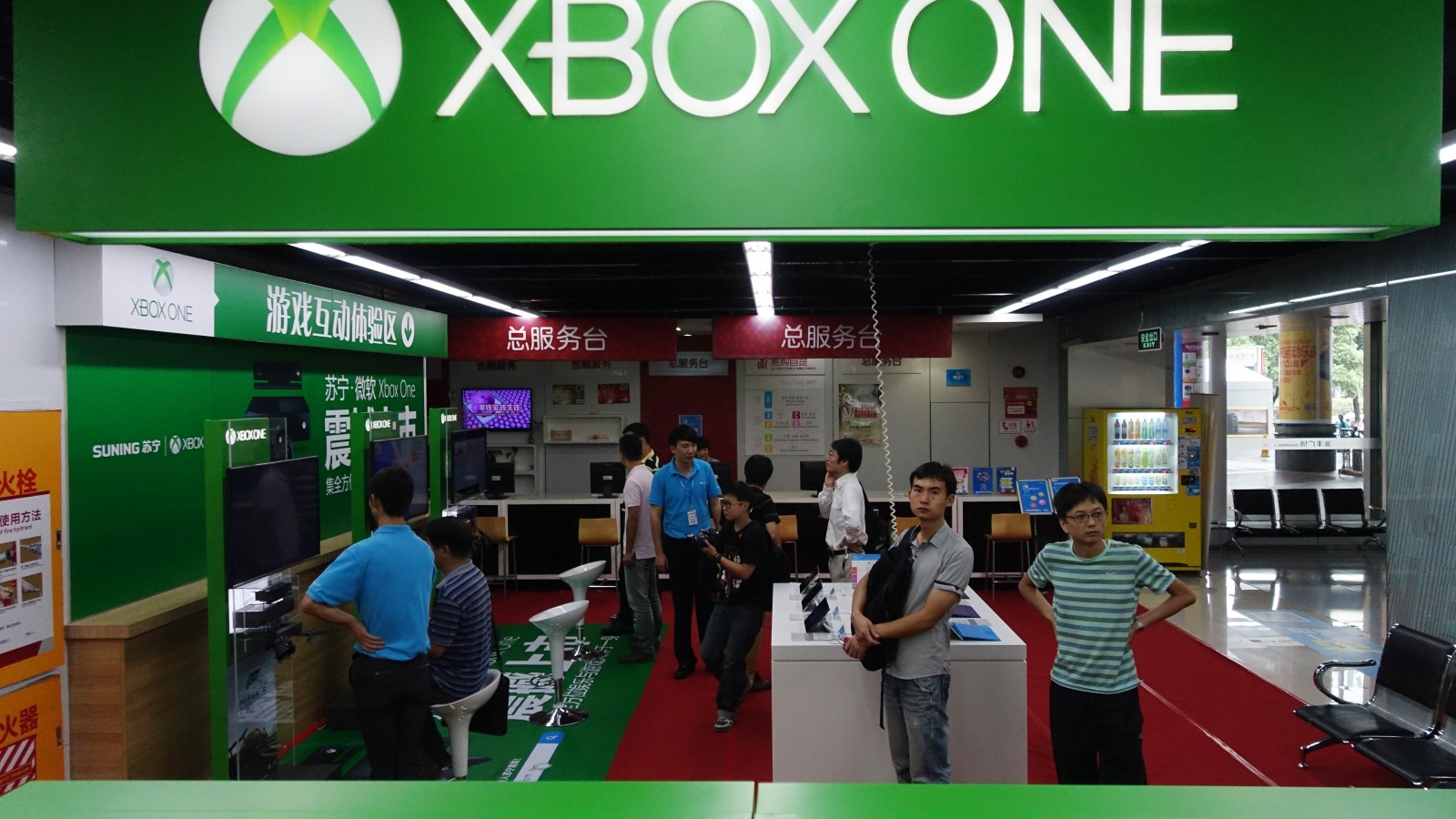 NEWS
NEWS
 NEWS
NEWS
 NEWS
NEWS
![]()
China has officially legalized the sale of home video game consoles after a 14-year ban.
China initially banned video game consoles in 2000 to fight what the government considered to be a corrupting influence on the nation’s children. Bloomberg reports that after a brief trial period of console sales within Shanghai’s free-trade zone, China has finally repealed the ban on game consoles and will soon allow their sale nationwide.
Microsoft Corp. was the first foreign company to begin selling a video game console within China back in September when the company introduced the Xbox One to Shanghai. “We know there are millions of gamers there and lots of pent-up demand,” Phil Spencer, the head of Microsoft’s Xbox division, said at the time.
Analysts at PricewaterhouseCoopers LLP estimated that console makers could be looking at a $10 billion video game industry in China, opening the doors for an entirely new market for Microsoft, Sony Corp., and Nintendo Entertainment Co. Ltd.
Some companies are already taking advantage of the news, and Chinese e-commerce giant Alibaba recently made a $10 million investment into the makers of Ouya, an inexpensive, palm-sized console that is powered by Android.
While the sale of video game consoles is now legal in China, game developers still face incredibly stringent censorship laws that make it very difficult to release games in the country. When the Xbox One first began selling in Shanghai, it shipped with only 10 different titles available for the system.
Sony had also initially made plans to sell the PlayStation 4 in the free-trade zone in Shanghai, but requests for changes made by the Chinese authorities forced the Sony to postpone its original January 11 release date.
With China’s tough stance on violence and other objectionable material in games, it is unclear where the future of foreign game development stands in the country.
Australia, another country with strict rules governing video game content, has effectively banned several games in the past by refusing to rate them until changes are made. For some game developers, access to a foreign market is worth the cost of modifying their game for compliance, but for others, the cost outweighs the gain.
Support our mission to keep content open and free by engaging with theCUBE community. Join theCUBE’s Alumni Trust Network, where technology leaders connect, share intelligence and create opportunities.
Founded by tech visionaries John Furrier and Dave Vellante, SiliconANGLE Media has built a dynamic ecosystem of industry-leading digital media brands that reach 15+ million elite tech professionals. Our new proprietary theCUBE AI Video Cloud is breaking ground in audience interaction, leveraging theCUBEai.com neural network to help technology companies make data-driven decisions and stay at the forefront of industry conversations.